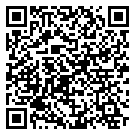-
2018-09-12150碟子
-
2018-09-13一次性环保餐具-碟子
-
2018-09-14一次性可降解餐具-270ml碗
-
2018-09-14一次性餐具-叉子
-
2018-09-14环保餐盒
洗完的餐具擦干后细菌超标你知道吗?
每个碗洗干净后,你会在放之前用抹布擦干吗?在一些中餐厅和西餐厅,经常可以看到工作人员擦拭餐具,然后放在桌子上。这种做法也逐渐被家庭主妇所效仿。但实际上,这个看似很小的细节,却极易造成餐具上细菌超标,给健康带来隐患。
After each bowl is washed, will you dry it with a rag before putting it? In some Chinese restaurants and Western restaurants, you can often see the staff wipe the tableware and put it on the table. This practice has gradually been followed by housewives. But in fact, this seemingly small detail is very easy to cause the bacteria on the tableware to exceed the standard, which brings health risks.
布里有成千上万的细菌,这意味着一小块布里可能含有成千上万甚上亿的细菌,包括大肠杆菌、沙门氏菌和金黄色葡萄球菌。一旦被污染的餐具上有食物,它就会通过口腔传播给用餐者,导致消化系统疾病。
Bree has thousands of bacteria, which means a small piece of Bree may contain hundreds of thousands or even hundreds of millions of bacteria, including Escherichia coli, Salmonella and Staphylococcus aureus. Once there is food on the contaminated tableware, it will spread to the diner through the mouth, resulting in digestive system diseases.
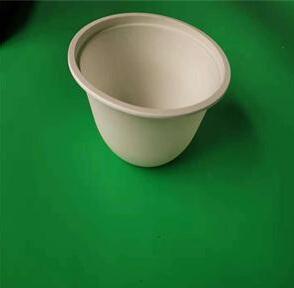
有明确规定,经过清洁的设备和器具接触面的细菌总数应小于100每平方厘米。与餐饮业相比,国内大多数家庭不普及洗碗机和柜台,很难达到这一标准,只能靠手工清洗来保证少清洁和。但是,如果在清洗后将剩余的水分擦干,就会造成碗碟和筷子的二次污染。以前的清洁工作等于白做。即使是表面看起来很干净的普通清洁布,其细菌含量也不会减少。
It is clearly stipulated by the state that the total number of bacteria on the contact surface of the cleaned equipment and appliances shall be less than 100 per square centimeter. Compared with the catering industry, dishwasher and counter are not widely used in most families in China, so it is difficult to meet this standard. Only by hand cleaning can we ensure at least cleanness and safety. However, if the remaining water is dried after cleaning, it will cause secondary pollution of dishes and chopsticks. Previous cleaning work was done for nothing. Even ordinary cleaning cloth with clean surface will not reduce the bacterial content.
那么,家中的餐具清洗后应如何放置?答案是自然控制而不是干燥。正确的做法是:用流动的清水将餐具内外残留的洗涤剂冲洗干净,然后放入丽水池的盆里,其排水后再放入橱柜。
So, how to place the tableware after cleaning? The answer is natural control rather than drying. The right way is to use flowing water to wash the residual detergent inside and outside the tableware, and then put it into the basin of Lishui pool, and put it into the cabinet after drainage.
如果没有沥青池,建议清洁抹刀、汤匙、洗衣篮、抹布等挂在墙上的挂钩,并尽量拉开距离;还可以在橱柜台面上放置可以苦涩润湿的刀、盘架,使其能够充分自然干燥。假如一定要有抹布擦拭,一定要先在沸水中把它烧得很烫,高温过后再用。
If there is no asphalt pool, it is recommended to clean the hooks hung on the wall such as spatula, spoon, laundry basket, dishcloth, etc., and try to open the distance as far as possible; it is also possible to place a knife and tray which can be bitterly moistened on the counter top of the cabinet, so as to make it fully and naturally dry. If must have dishcloth to wipe, must burn it very hot in boiling water first, reuse after high temperature.
另外,在外面吃的时候,很多人习惯用餐巾纸来擦盘子和筷子,这也是不可取的。一些劣质餐巾纸不符合卫生要求,其中化学残留物、纸张、各种真菌、大肠杆菌、结核杆菌、肝病都会污染到餐具上,对人体有害。
In addition, when eating out, many people are used to using napkins to clean plates and chopsticks, which is not desirable. Some inferior napkins do not meet the hygiene requirements, including chemical residues, paper, various fungi, E.coli, tuberculosis, liver disease will be polluted on the tableware, which is harmful to human body.
以上是一次性环保餐具厂家为大家介绍的相关内容,想要了解更多内容,欢迎访问网站:https://www.qiluxinke.comThe above is the relevant content introduced by disposable environmental protection tableware manufacturers. To learn more, please visit the website: https://www.qiluxinke.com
- 上一个: 一次性玉米淀粉环保刀叉勺市场怎么样?
- 下一个: 一次性玉米淀粉餐具套装哪家更好?
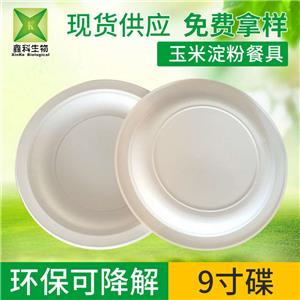 150碟子
150碟子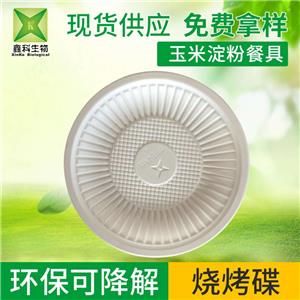 一次性环保餐具-...
一次性环保餐具-...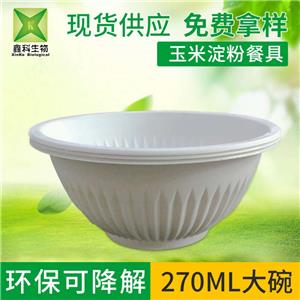 一次性可降解餐具...
一次性可降解餐具...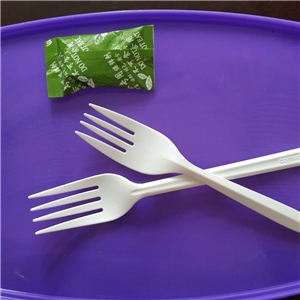 一次性餐具-叉子
一次性餐具-叉子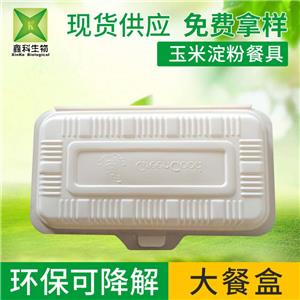 环保餐盒
环保餐盒
相关产品:




